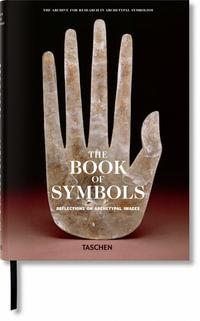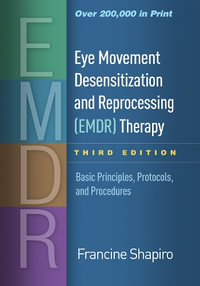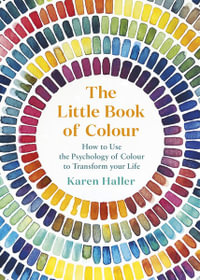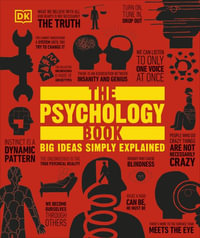Just as concerts emerge from the interaction of many instruments, so our understanding of Shakespeare is enriched by different approaches to him. Psychoanalysis assumes that creative writers have the need to both reveal and conceal their own inner conflicts in their works. They leave residues in their works that, if we pay attention, can become building blocks that reveal aspects of the unconscious. It is my hope that readers may find that the questions raised add to the pleasure of reading Shakespeare and that they deepens their understanding of his plays. Topics covered include the pivotal position of Hamlet, the poet and his calling, the Oedipus complex, intrapsychic conflict, the battle against paranoia and the homosexual compromise. By using psychoanalytic techniques in analyzing his plays and characters, I hope to reveal more about Shakespeare's hidden motivations and mental health.
Industry Reviews
'For a psychoanalyst, it can only be an additional advantage to approach Shakespeare in the twilight of life. To demonstrate the wisdom of Shakespeare requires lessons in life and not the fiery passions of one's younger years. Let us thank heaven that God has granted Martin Bergmann a long life, both for him to profit from his long experience as a psychoanalyst as well as to conduct this study of Shakespeare. With the eyes of the marvellous clinician that he is, Martin Bergmann lays out his analysis of the text. It is a great honour for me to have been asked by him to introduce this valuable work. My contribution here should be understood as an homage to the monumental work of Martin Bergmann, which no lover of Shakespeare can from this point on ignore.'- Andre Green, taken from his introductory essay'In a path-breaking analysis of Shakespeare's tragedies from a contemporary psychoanalytic viewpoint, Martin Bergmann achieves the simultaneous illumination of three levels of Shakespeare's creativity: 1) the profound exploration of the unconscious fears and desires of the plays' leading characters, illustrating with each of them, basic unconscious human conflicts discovered by psychoanalysis; 2) Shakespeare's own unconscious conflicts, reflected in the particular phantasies and imagery attributed to the various characters, varying in their exuberance but maintaining basic commonalities throughout the production of his work over his lifetime; and 3) the general unconscious human temptations, fears, and prohibitions that affect us all, creatively highlighted in the larger-than-life nature of Shakespeare's characters, determining the eternal fascination with his work. All of that Martin Bergmann has achieved with a clear, direct, simple yet profound style, in a volume filled with fundamental psychoanalytic information and original reflections about psychoanalysis and Shakespeare. In addition to its intrinsic interest and source of enjoyment, this book will add a new dimension to the readers' understanding and enjoyment of Shakespeare's tragedies.'- Otto F. Kernberg, MD 'If Shakespeare's plays are considered exclusively as manifestations of the unconscious minds of the various protagonists (Shakespeare himself the great magus behind the scenes, obviously) a rich domain of hidden psychology is laid bare. This is what Martin Bergmann has accomplished in this original, insightful book, which shows convincingly how Freudian Shakespeare was and how Shakespearean Freud was. This book could be read as a clinical seminar on the psychic conflicts of some of the most intriguing fictional characters ever penned (Hamlet, Iago, Macbeth, etc.) or as an intellectual seminar on the artistic use of the unconscious in profound acts of creativity: wise readers will opt for both.'- Eugene J. Mahon, MD, Training and Supervising Psychoanalyst, Columbia Psychoanalytic Center for Training and Research and author of A Psychoanalytic Odyssey: Painted Guinea Pigs, Dreams, and Other Realities
























